Japan, Germany, Singapore and the US are among the countries that have expressed interest in partnering the government in this initiative.
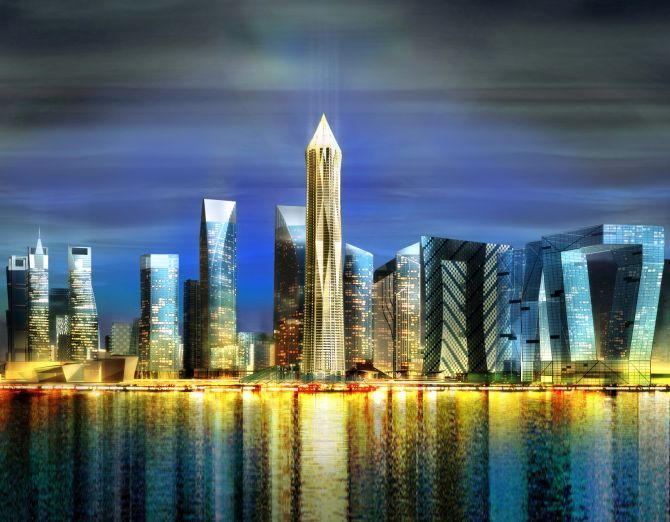
Even before concrete work begins on the government’s ambitious smart-city project, there seems to be increasing concern over the initiative turning into an elitist concept.
While the National Democratic Alliance government has been striking deals for the project with other countries and international entities (the latest was with Michael Bloomberg, former mayor of New York City), participants at a smart city summit on Tuesday sounded a cautious note, saying the government should think of the project as an “inclusive” venture, not a gated community for the rich and privileged.
The two-day summit is organised by First Smart Cities Council, the India chapter of Global Smart Cities Council, a Washington DC-based research body.
On Monday, it was decided Michael Bloomberg’s Bloomberg Philanthropies would assist the Ministry of Urban Development in selecting cities for the smart city project, on a continuous basis.
Japan, Germany, Singapore and the US are among the countries that have expressed interest in partnering the government in this initiative.
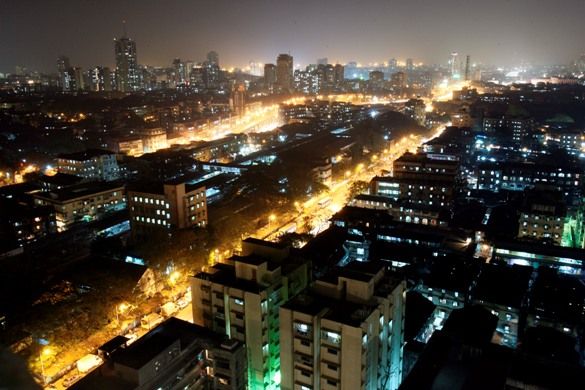
A signature project of Prime Minister Narendra Modi, it envisages 100 smart cities, most of which will involve upgrade and conversion of existing ones.
It is expected Union Budget 2015-16 will make a pitch for smart cities; Budget 2014-15 had allocated about Rs 7,000 crore (Rs 70 billion) towards this.
A K Jain, architect and town planner and former commissioner (planning) at the Delhi Development Authority, told Business Standard as of now, the project to build 100 smart cities was just “a slogan”.
Other government initiatives, such as the Swachh Bharat, housing for all, Clean Ganga and the urban renewal mission, should have been clubbed under this project, Jain said, adding he was against too much foreign participation and a significant role for developers in this initiative. Jain highlights the risk of developers making it a luxury and upmarket project and says there is a need for local expertise to come up with smart cities in India.
“We cannot forget the poor; it should not end up as a posh locality.” Tying up with foreign entities could be done later, he said, adding “planning has to be done in-house, with the needs of the local population as the key point”.
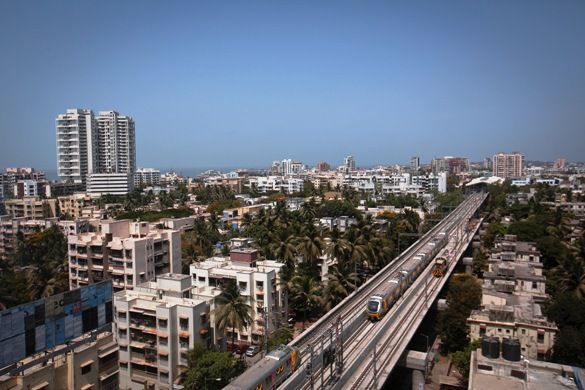
Jayesh Ranjan, commissioner of industries, Telangana, also stressed the need to make the smart city project inclusive.
"If it was a brownfield project (redevelopment of existing cities), chances of smart cities being inclusive were greater, Ranjan said.
He, however, added, this wasn’t a simple project that could be completed quickly and without hurdles.
“You need a great deal of patience for the smart city project,” he said, pointing to problems related to “retro-fitting” in case of brownfield projects.
He buttressed his argument by citing the lessons learnt from the retro-fitting underway in Cyberabad, which came up as an information technology (IT) hub in 2002, as an amalgamation of four villages.
Even after it became an IT park, with companies such as Microsoft setting up offices, the authorities realised much more had to be done. That’s how retro-fitting started, along with several partners, Ranjan said.
“Retrofitting is an arduous and long path. There’s nothing instant about it."
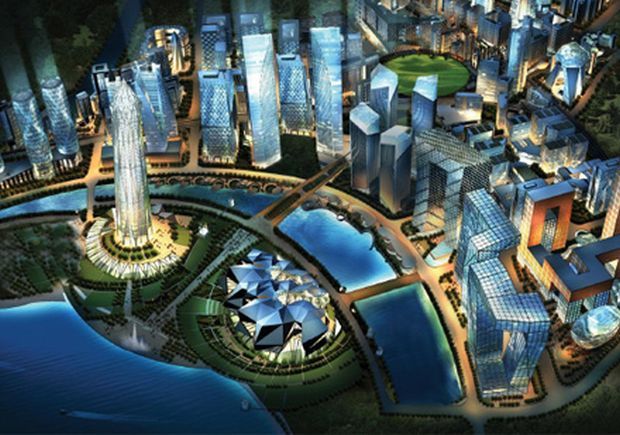
At the stage of drawing up a master plan, local and regional involvement was important, said P N Rao, founder -- director of Urban Development Research Institute.
Rao said while drawing up plans, the less privileged should be kept in mind. He concurred with Jain that though 70 per cent of India’s gross domestic product came from urban areas, economic growth should not be the only criterion for a smart city.
International participants such as Sabrina Coccia, an expert on smart cities (Paris), said strategy was the primary aspect of the smart city project.
It “shouldn’t be about cut and paste” of initiatives taken up by others, she added.
Last month, Shankar Agarwal was shunted from the post of secretary in the urban development ministry and replaced with Madhusudan Prasad from the commerce ministry.
While the two-day summit on smart cities is backed by the urban development ministry, no official from the ministry was present.
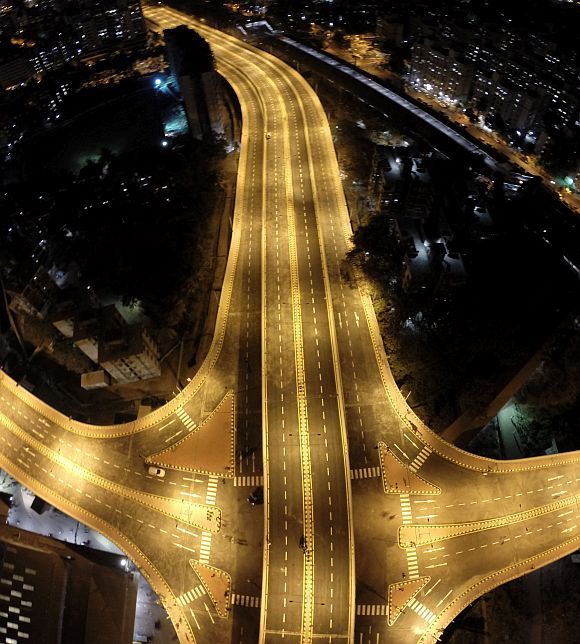
AIMING BIG
A matter of time
If you thought India was far behind other countries in terms of smart cities, think again. Leaving aside some pockets of Barcelona or Paris, most smart city projects are still in the making, says Pratap Padode, chairman of First Smart Cities Council.
These projects include the ambitious Songdo in South Korea and Masdar City in Abu Dhabi.
Singapore wasn’t a smart city, Padode said, adding there were “livable cities such as Melbourne and Vancouver”.
On being asked the time taken to complete such projects, he said Songdo was work in progress for 12 years, adding it wouldn’t be completed before another five years.
Green concern
Of the buildings in Cyberabad, an information technology hub, 99.9 per cent aren’t ‘Green’, a key benchmark in defining smart cities.
Another important aspect in terms of making Cyberabad ‘smart’ is the number of people cycling to work.
Jayesh Ranjan, commissioner of industries, Telangana, said against the current 400, the target was to have 4,000 people cycle to work by the end of this year.
The cost factor
Even as much is being talked about financing models for smart cities, one thing is for sure: the cost on brownfield projects (redeveloping existing cities) will be much lower than those on greenfield ones (building fresh cities).
Though the National Democratic Alliance government is considering brownfield projects, a negative is it is much tougher to execute such smart city projects, while new smart cities can be rolled out more easily.
Wholesome offerings
If there’s any confusion, smart city trackers like to make it clear -- smart cities are very different from smart buildings.
Such cities are wholesome, covering everything from technology to security and sustainability to infrastructure.
And yes, climate designers, or architects planning according to climate needs, might soon be in vogue.
Banking on technology
In between presentations on data collection and analysis in the context of smart cities, there were lighter moments, too.
It was said on being asked why she hadn’t turned up for work, a domestic help told her mistress she had put up the message on a Facebook post, adding, “Sir had liked it, too.”











